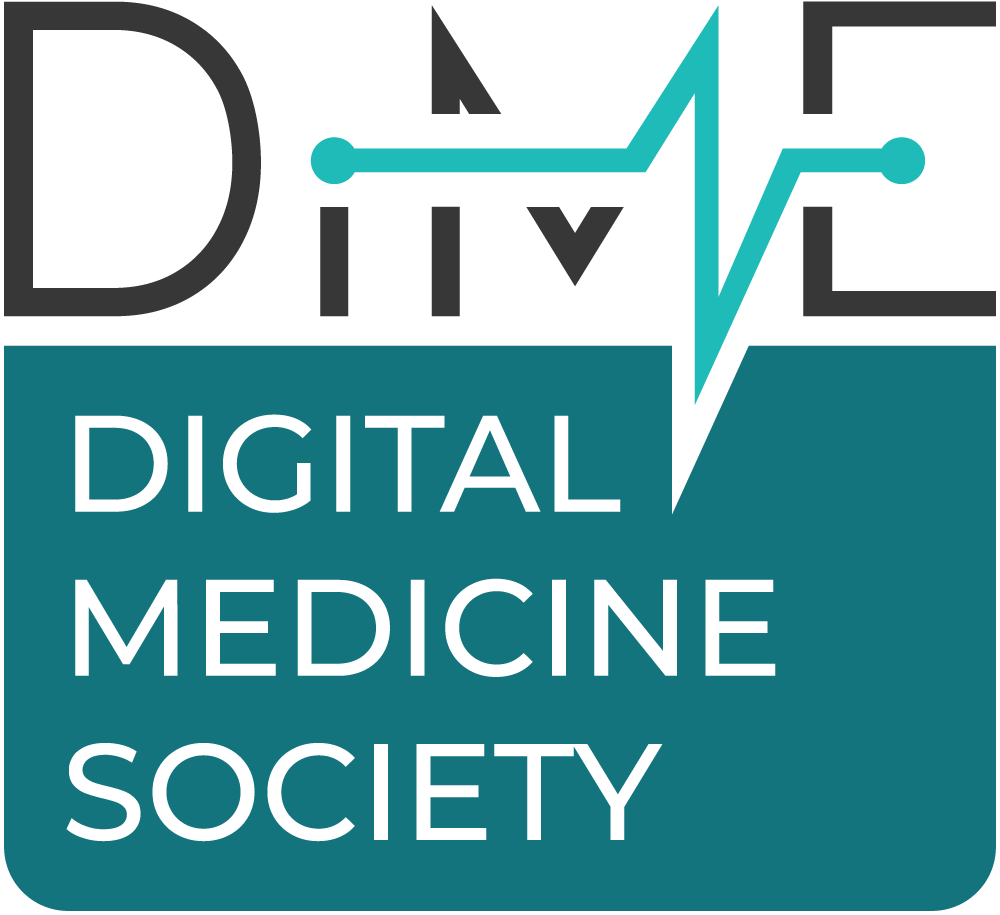
‘What makes a cancer diagnosis so challenging is the complexity of the cancer journey,” says Jennifer Goldsack, CEO of the Digital Medicine Society

Goldsack discussed applying AI and full-stack virtual care-first solutions in oncology and the Digital Medicine Society’s role in CancerX, one of the Biden administration’s Cancer Moonshot initiatives in a recent interview with Managed Healthcare Executive.
Third of three parts
Jennifer Goldsack, M.Chem., M.A., MBA, OLY, the CEO of the
Goldsack said CancerX is the 18th of the Biden administration’s Cancer Moonshoot initiatives and is being led by the Digital Medicine Society, the Moffitt Cancer Center in Tampa, Florida, and the Office of the National Coordinator for Health Information Technology. It has 125 members from private industry and various government agencies and departments are participating.
“We have a thriving body of work that's focused on pre-competitive evidence generation, the establishment of an accelerator in order to support innovative companies coming to market with viable solutions, and large scale demonstration projects to show, not just tell, that when we are effective with implementing digital solutions, we can, indeed, harness the power of digital (healthcare) to improve the lives of people with cancer,” Goldsack said.
Goldsack said that cancer lends itself to digital technologies because of its complexity and all the data that complexity spawns, “What makes a cancer diagnosis so challenging is the complexity of the cancer journey, which is the complexity of the different data elements that are needed in order to understand where the patient is and what the right course of treatment is, or what the right clinical trial is,” Goldsack said.
She continued with a list of rhetorical questions with affirmative answers implied: “So you can imagine harnessing the power of AI to improve clinical decision support. For example, can we help busy providers match patients to the treatment that is most likely to save their lives or a clinical trial where it may exist? Can we use a full-stack, virtual-first care solution to overcome the maldistribution of specialty oncologists located at academic centers and NCI centers of excellence and the 350 million Americans spread across the country who may at some point in their life need that care? Can we think about using digital tools to support navigation through a complex cancer journey? Can we make it easier to share data for second opinions? Can we make it easier to donate your data to research? Can we think about reducing the enormous financial burden that comes with a cancer diagnosis by preventing the need (for extensive travel)? … Can we use these digital tools to improve equity by using precision approaches, remembering that precision care is the most equitable care available?”
CancerX’s first project, which focuses on equity and financial toxicity, is “well underway,” said Goldsack, and is scheduled to have a readout next month. She said the goal is to create digital tools that providers can use to assess their equity and financial toxicity efforts in the context of digital strategies.
Newsletter
Get the latest industry news, event updates, and more from Managed healthcare Executive.























